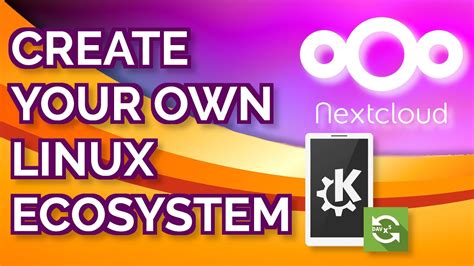In the ever-evolving landscape of open-source software, Basecamp’s recent venture, Omakub, aims to enhance the Ubuntu user experience, particularly for developers. However, the launch of Omakub has ignited a wave of feedback, highlighting the perennial struggle within the Linux community to balance out-of-the-box usability with the myriad customizations Linux advocates cherish. Ubuntu, despite its popularity as a gateway operating system for many new Linux users, continues to face criticism, most notably around its default desktop environment and related configurations.
One of the most immediate reactions from users revolves around the performance issues experienced when deploying the Ubuntu desktop, even on powerful hardware. A user named kanwisher expressed his surprise at how laggy and visually unappealing Ubuntu’s UI was out of the box on a modern Nvidia GPU. This sentiment is shared widely among users who expect seamless performance, especially given the latest hardware capabilities. As aptly pointed out by johnny22, one key step in addressing performance woes on Ubuntu involves installing the proprietary Nvidia drivers. Ubuntu defaults to open-source drivers, which, while commendable for their principles, fall short in performance compared to their proprietary counterparts.
Competing distributions, like Pop!_OS, offer a more polished experience in this regard by including Nvidia drivers out-of-the-box, as user pilaf noted. While this improves usability significantly, it also introduces legal and philosophical challenges around software licensing. It’s a delicate balance between providing a better consumer experience and adhering to open-source principles, which many distros like Ubuntu staunchly uphold. This tension exemplifies the broader challenges faced by Linux distributions striving to cater to a diverse user base, including both open-source purists and those seeking convenience over ideology.
The reaction to Basecamp’s Omakub itself has been mixed. While some users like brightball found the setup promising and intend to stick with it, others like wakawaka28 raised concerns about security implications. Running installation scripts directly from the internet, such as wget -qO- https://omakub.org/install | bash, invokes skepticism among security-conscious users. They highlight the potential risks of script-based installations from remote servers, which could be easily tampered with to deliver malicious payloads. This represents a critical point of tension for many Linux enthusiasts who deeply value security and transparency in software acquisition and configuration.
The variance in user preferences further complicates the narrative. While some, like ramebambram, successfully use minimalistic setups like Ubuntu Mate on low-power hardware such as the Raspberry Pi 4, others, like brightball, experiment with tools like Alacritty, Tactile, and Zellij to tailor their development environments. The allure of tools like Alacritty lies in their promise of performance, being touted as the fastest CLI by bboygravity. However, opinions on these setups’ usability and aesthetics can be quite divisive. For instance, Alacritty’s lack of a window frame, noted by brightball, requires additional tools like Tactile for window management, creating a steeper learning curve which can dissuade new users.
Interestingly, the broader discourse around Ubuntu, and by extension Omakub, often touches on philosophical grounds. User sneak questions the very rationale of using a free software OS while employing tools like VS Code and Chrome, which are often criticized for incorporating telemetry and other non-free components. This commentary reflects the ongoing debate within the open-source community about the purity of tools and the pragmatism of using highly functional, albeit proprietary, software. Dewey’s counter-argument humorously underscores this, noting that the world isn’t simply black and white; practical needs often dictate a middle ground, as evidenced by real-world usage patterns.
The discussion around Omakub and Ubuntu also leads into deeper considerations about Linux’s place in the broader ecosystem of available operating systems. As tgma points out, DHH’s (David Heinemeier Hansson) fluctuating preferences in operating systems reflect a broader industry trend. Developers and organizations are increasingly exploring diversified environments, including macOS, Windows, and various Linux distributions, each offering unique strengths and encountering distinctive challenges. This experimentation highlights the dynamic, sometimes fickle nature of tech preferences and the continuous search for the optimal development setup.
Ultimately, Omakub’s endeavor illustrates the complex interplay of usability, security, performance, and philosophical principles that pervades the Linux ecosystem. While it offers a tailored starting point for newcomers, the myriad reactions from the community demonstrate the diverse needs and opinions that must be navigated to truly enhance the Linux desktop experience. The ongoing dialogue and experimentation within the community will undoubtedly continue to shape the evolution of such projects, balancing the idealism of open-source principles with the practical demands of modern development workflows.


Leave a Reply